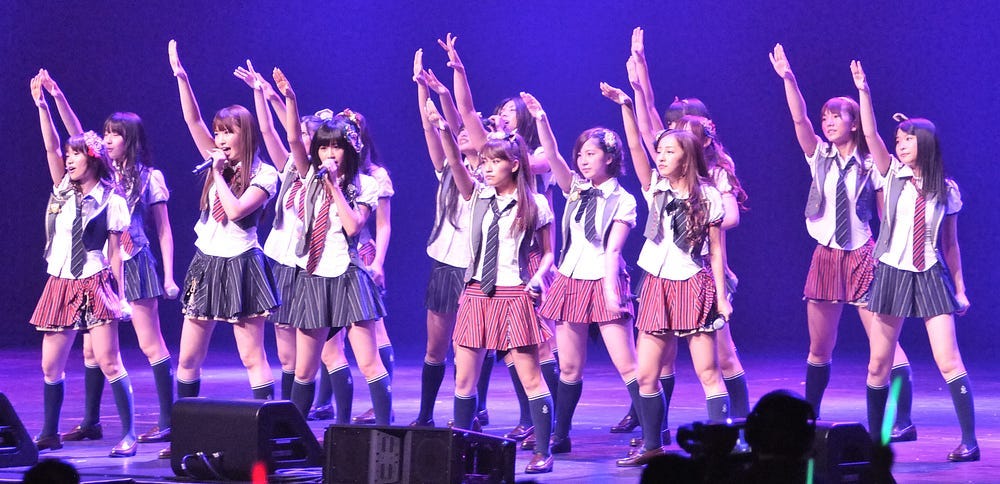Japanese ‘Oshi’ Culture: Let Me Shout I Love You!!
We found a new ikigai that appeals to people of all ages
Have you felt a strong love for someone recently? Is there someone who makes you feel excited or content when you think about them?
The Japanese younger generations are often considered lonely and lacking affection. In 2020, the percentage of unmarried people aged 50 was 28.25% for men and 17.81% for women (source). However, even if they are single or their relationship with their partner is not going well, many Japanese people may be filled with love.
The secret lies in the oshi culture.
The word ‘oshi’ has only been used for the past 20 years and has become an indispensable element of modern Japan. Many of us Japanese think about oshi every day and discuss it. What is oshi culture? What are its merits and challenges? In this article, I will explain them to you. Please let me know if you can relate to it.
About 60% of Japanese people have an ‘oshi’
The word ‘oshi (推し, literally meaning ‘recommendation’)’ comes from the term ‘oshi-men (推しメン)’, which refers to the member of a particular idol group that you like the most. The term ‘oshi-men’ was coined around 1980, and from around 2000 it started to be used by some fans of the popular group Morning Musume (モーニング娘). It became more familiar with the rise of another idol group, AKB48, which was formed in 2005.
Japanese people like to shorten words, so the term gradually came to be called ‘oshi’. It has even been included in major Japanese dictionaries. The 2019 edition of the Daijirin dictionary defines it as to recommend. In particular, it is a young people’s word that means “to support” or “to be a fan”. The 2020 edition of the Meikyo Kokugo Jiten dictionary defines it as a person or thing that is strongly supported. A favourite.





